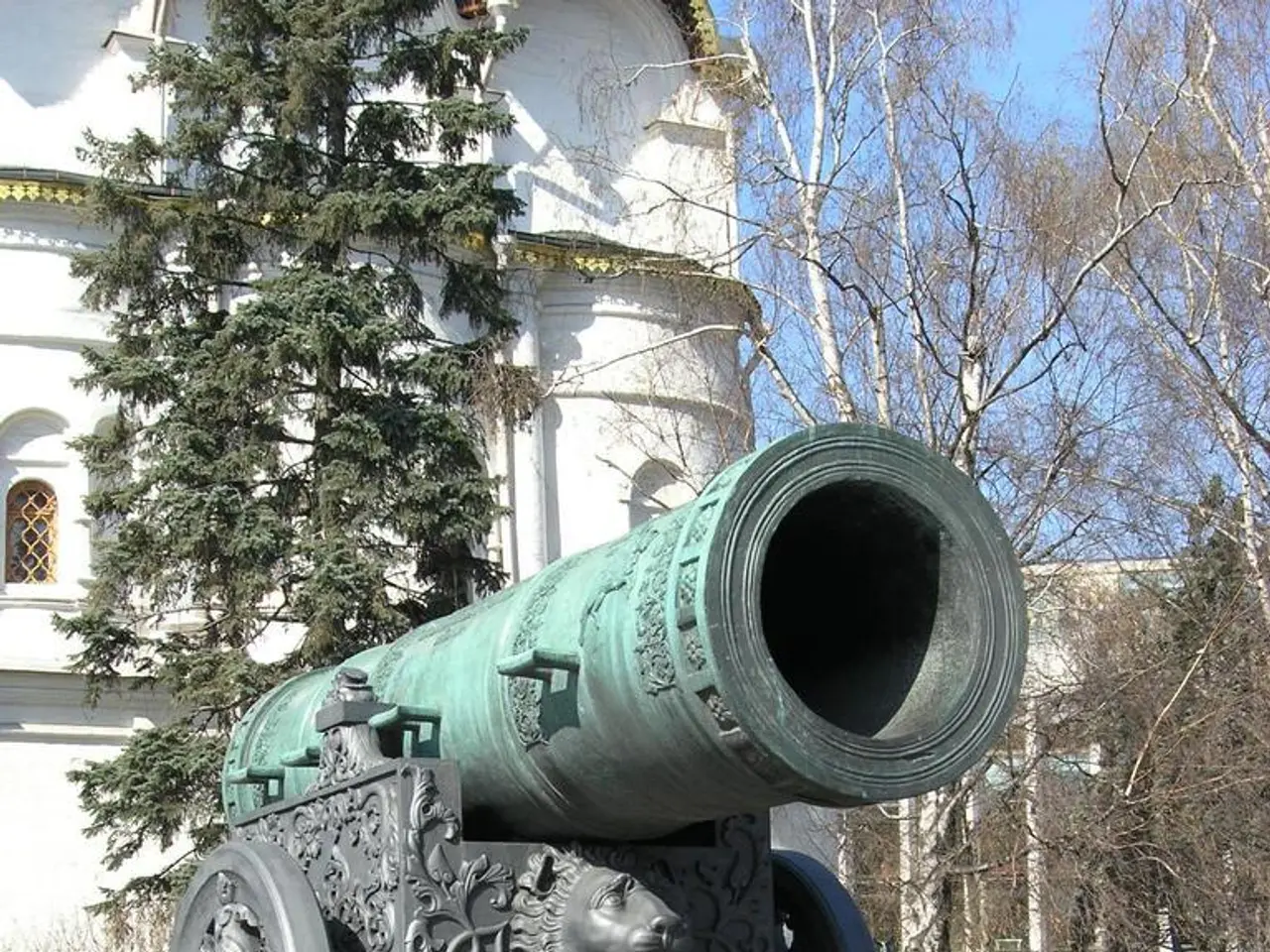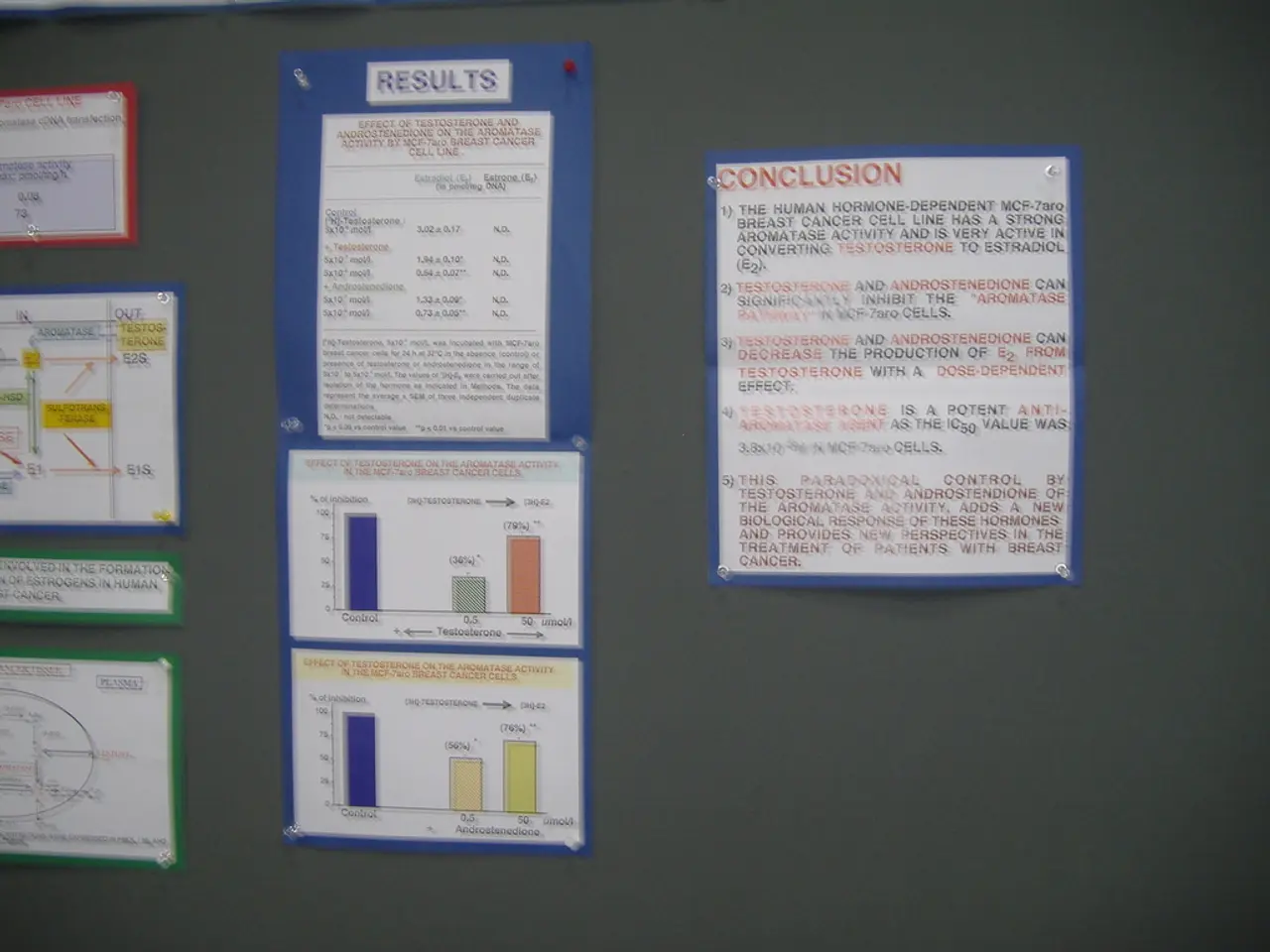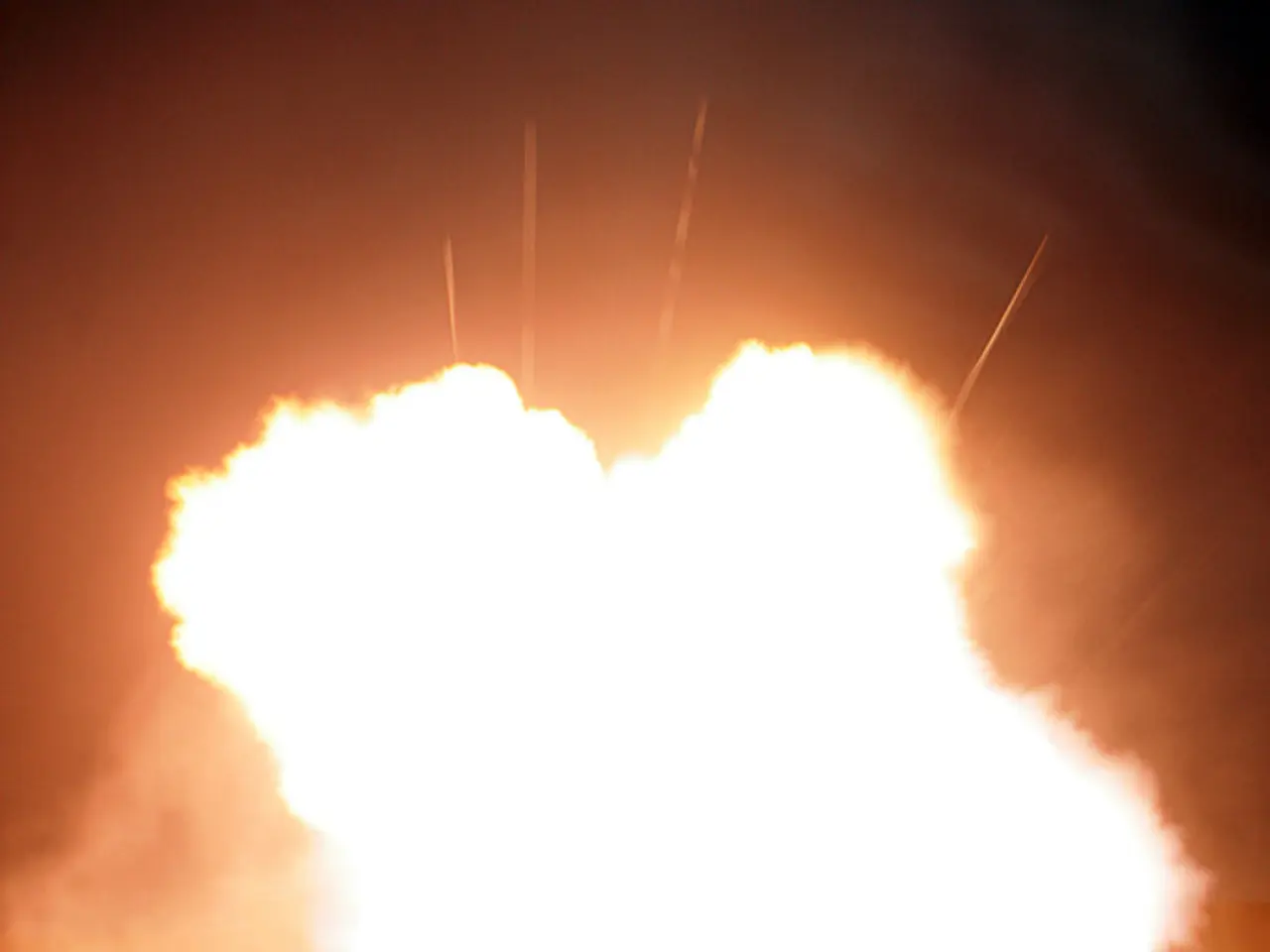Moldova Faces Energy Chaos due to Supply Interruptions from Russia
In the heart of Eastern Europe, Moldova is grappling with a significant energy crisis and political upheaval following the complete halt of Russian gas supplies to the Transnistrian region in January 2025. This gas cutoff has left Transnistria without heat and electricity, causing a severe energy crisis in the breakaway region and affecting Moldova’s overall energy security due to interconnected systems.
The political landscape of Moldova may be reshaped as a result, with increased support for pro-Russian parties potentially emerging due to public unrest. The crisis exacerbates tensions between Moldova's government-controlled territory and the pro-Russian separatist region of Transnistria. Moldovan authorities have facilitated gas transit through European traders funded by EU grants, but Transnistria rejected EU aid, opting instead for gas from a Hungarian company financed via Dubai.
President Maia Sandu has emphasized that Russian troops remain illegally stationed in Transnistria, hindering any resolution of the region’s economic problems. Moldova plans to revoke the gas supply license of Moldovagaz—a major local energy entity tied to Russian gas supplies—by August 2025 as part of implementing the EU’s Third Energy Package, signaling a legal and structural decoupling from Russian energy influence.
On the energy supply front, Moldova’s prior dependence on Russian gas and electricity sourced via Transnistria has dramatically shifted. The halt in Russian gas transit through Ukraine in January 2025 ended these electricity exports, forcing Transnistria’s power plant to switch to coal, which is less efficient and more polluting. This disruption has led to rising energy prices domestically, strained industrial activities within Transnistria, and civil unrest due to energy shortages.
Residential areas in Transnistria are cold due to the gas disruption, with one local resident, Dmitry, reporting that the hot water is off and the radiators are barely warm. The resolution of the energy crisis will be crucial in determining future political dynamics within Moldova. The Moldovan government is preparing to purchase more expensive electricity from Europe due to the gas disruption, which could lead to increased costs for citizens and businesses.
As Moldova braces for potential power cuts, it has declared a state of emergency, urging the public to reduce their energy consumption. The Kurchugan power plant in Transnistria, previously fueled by Russian gas, is now burning coal, with supplies lasting only about 50 days. The gas supplies suspension has left residents of Transnistria scrambling for alternative heating measures.
The ongoing humanitarian crisis in Transnistria is hampering recovery efforts due to resistance from Tiraspol, the administrative capital, to accept external aid. The pressure of the remaining gas in Transnistria is severely low, and Slovakia and Hungary are also experiencing challenges in transitioning away from Russian energy dependencies due to the halted gas transit.
The energy crisis in Moldova underscores the complex interplay of energy diversification efforts, legal reforms to reduce Russian influence, and ongoing geopolitical instability surrounding the breakaway region supported by Moscow. The crisis serves as a stark reminder of the strategic use of energy supply as a tool of influence in the region.
[1] BBC News. (2025). Moldova declares state of emergency due to energy crisis. [online] Available at: https://www.bbc.com/news/world-europe-60076914
[2] Reuters. (2025). Moldova faces energy crisis after Russian gas cut-off. [online] Available at: https://www.reuters.com/world/europe/moldova-faces-energy-crisis-after-russian-gas-cut-off-2025-01-01/
[3] European Commission. (2025). Moldova: Third Energy Package to reduce dependence on Russian gas. [online] Available at: https://ec.europa.eu/commission/presscorner/detail/en/IP_25_458
[4] The Guardian. (2025). Moldova faces energy shortages as Ukraine halts Russian gas transit. [online] Available at: https://www.theguardian.com/world/2025/jan/01/moldova-faces-energy-shortages-as-ukraine-halts-russian-gas-transit
- The energy crisis in Moldova, resulting from the halt of Russian gas supplies, has led to increased discussions about environmental science, as the switch from gas to coal for power generation exacerbates climate-change concerns and air pollution issues.
- The Moldovan government's decision to revoke the gas supply license of Moldovagaz, in line with the EU's Third Energy Package, is a significant policy-and-legislation move aimed at reducing Moldova's dependence on Russian energy and strengthening ties with the EU, which may have broader implications for environmental-science regulations and sustainable energy practices.
- As the energy crisis in Moldova unfolds, general-news outlets are closely following the geopolitical dynamics between Moldova, Russia, and the EU, examining how energy policy decisions are intertwined with politics and foreign relations, ultimately shaping the energy landscape and environmental outcomes for Moldova and the broader region.








